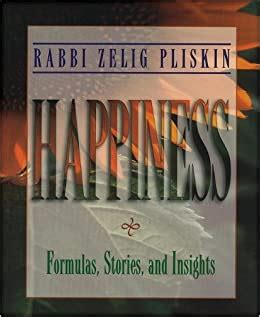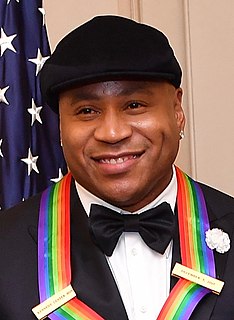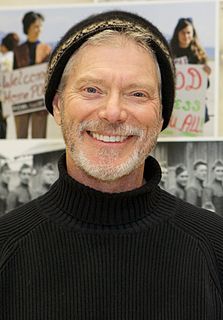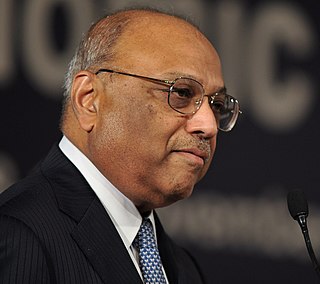A Quote by Cynthia Ozick
The imagination has resources and intimations we don't even know about.
Quote Topics
Related Quotes
The power of imagination is the ultimate creative power.. no doubt about that. While knowledge defines all we currently know and understand.. imagination points to all we might yet discover and create. Imagination is more important than knowledge. Your imagination is your preview of life's coming attractions
You have infinite value and worth! You already know you have strengths and inner resources. But you have even more strengths and resources that you are not yet fully aware of, and they will enhance your life as you become more aware of them. There are many more strengths and inner resources that you can gain and build up from now on.
Only people who have been discriminated against can really know how much it hurts. Each person feels the pain in his own way, each has his own scars. So I think I'm as concerned about fairness and justice as anybody. But what disgusts me even more are people who have no imagination. The kind T. S. Elliot calls 'hollow men'. People who fill up that lack of imagination with heartless bits of straw, not even aware of what they're doing. Callous people who throw a lot of empty words at you, trying to force you to do what you don't want to.
I write about, more or less, everything I can think of, that is I stretch my imagination as far as it'll go. I am kind of stuck in the middle as far as my life goes, and hence my imagination tends to zero in on things which are indeed in the middle. That is, I don't write about the very rich, who I scarcely know, or the very poor who I don't know very well either.
The children know all about everything so well that it never occurs to them to play at the situations in any one of these tales, or even to read it twice over. But let them have tales of the imagination, scenes laid in other lands and other times, heroic adventures, hairbreadth escapes, delicious fairy tales in which they are never roughly pulled up by the impossible —even where all is impossible, and they know it, and yet believe.







































